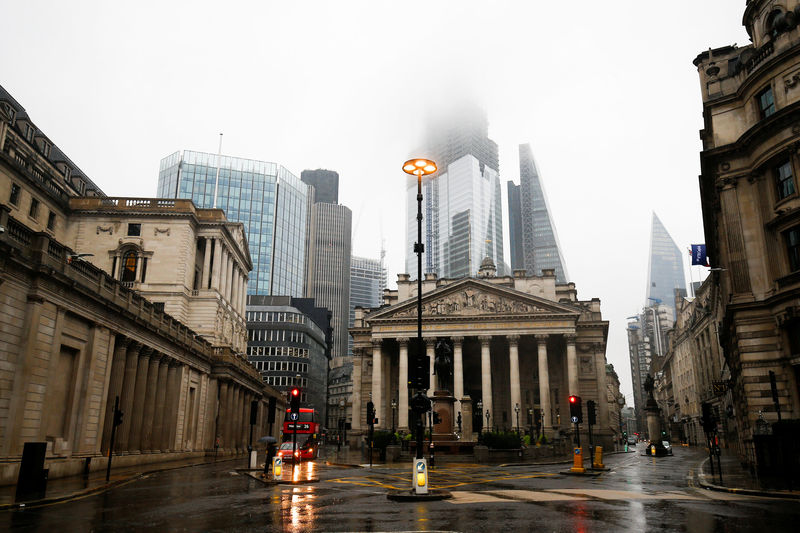Proactive Investors - The Bank of England said risks to the UK financial system are "broadly unchanged" since the first quarter, but it warned that the risk of a market correction persists, including from potential spillover from elections in Europe and the US, as well as China's property market.
In the latest of the twice-yearly financial stability reports, the central bank also highlighted positive and negative effects for UK mortgage holders from interest rates.
Current higher levels of interest rates have yet to be fully felt by some homeowners, for instance.
Even though rates may have peaked, many households will be hit by rising mortgage costs over the next two years, the report said, with around 30% of mortgagors likely to see payments rise by more than £100 a month in the period as borrowers continue to come to the end of their fixed-rate deals and refinance onto higher rates.
While the share of households in arrears or with high debt-servicing burdens is expected to increase further, it "should remain well below previous peaks".
On the other side of the coin, the report said that more than 1.5 million UK households should see their mortgage payments fall by the end of this year if interest rates are cut as markets expect.
Around two million borrowers that are on variable rates or short fixed-rate deals will be better off by the end of 2026, the report indicated.
Market correction risk
On the risk of a financial market correction, the report from the Threadneedle Street central bank noted that many asset prices have continued to rise in the past three months, with European markets up around 8% so far this year and the US Nasdaq index surging 18%.
"The prices of many assets such as shares and bonds remain high relative to historical norms, and some have continued to rise," the report said.
"This suggests that investors in financial markets are continuing to expect the economy to recover and inflation to fall. They are placing less weight on risks, such as geopolitical developments or continued high inflation, that might cause weaker growth or interest rates to stay higher than expected.
"These risks make it more likely that there could be a sharp correction in asset prices that could ultimately make it more costly and difficult for UK households and businesses to borrow."
On elections, the report highlighted the drop in French government bond prices and shares in Paris in the past month after Emmanuel Macron called a snap election, with the spread between French and German 10-year government bond yields rising to its highest level in around seven years.
On China's property sector risks, the Bank said this is likely to continue to impact Chinese consumption and growth, affecting the global economy, while risks that could spill over to the UK financial system could include weaker trade, financial markets, and global risk sentiment.
